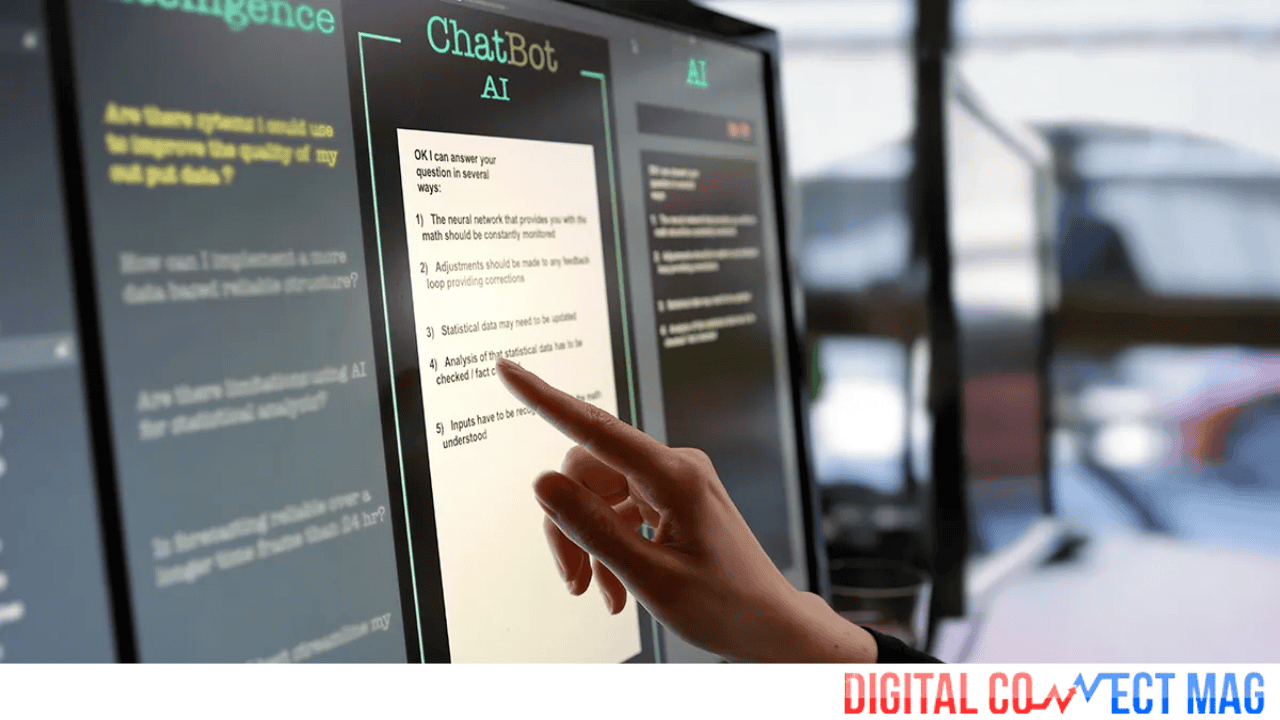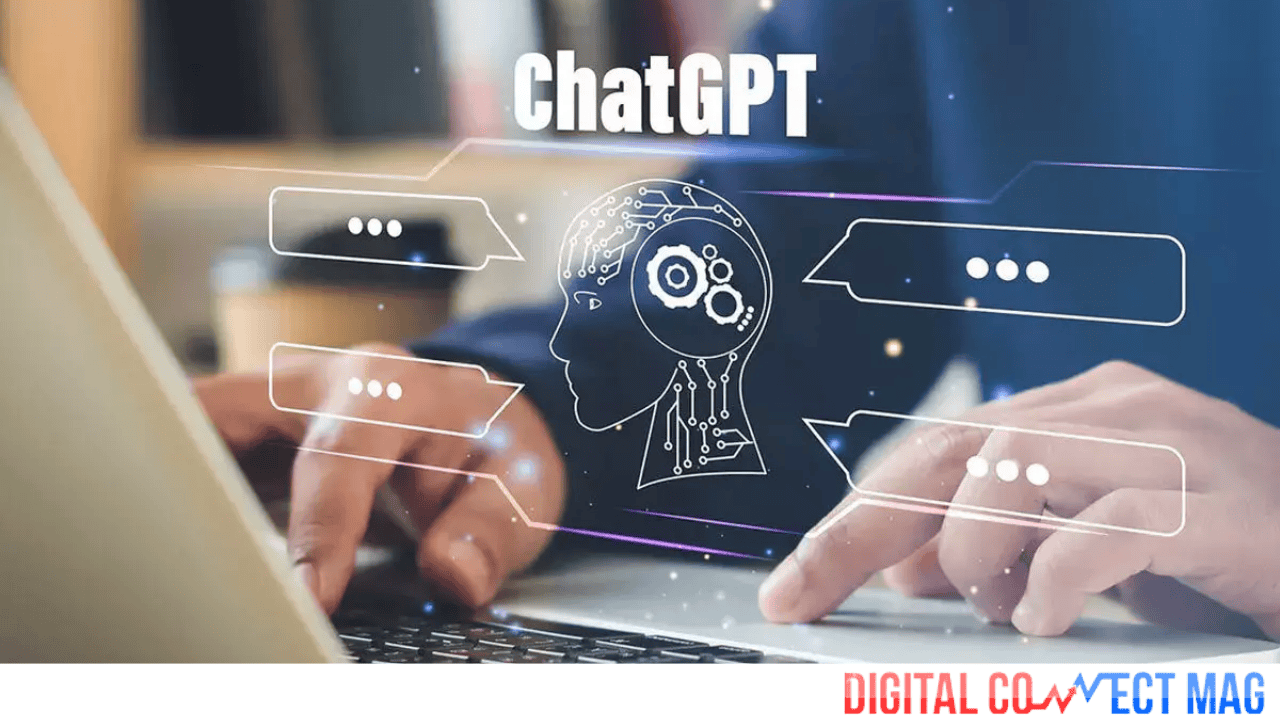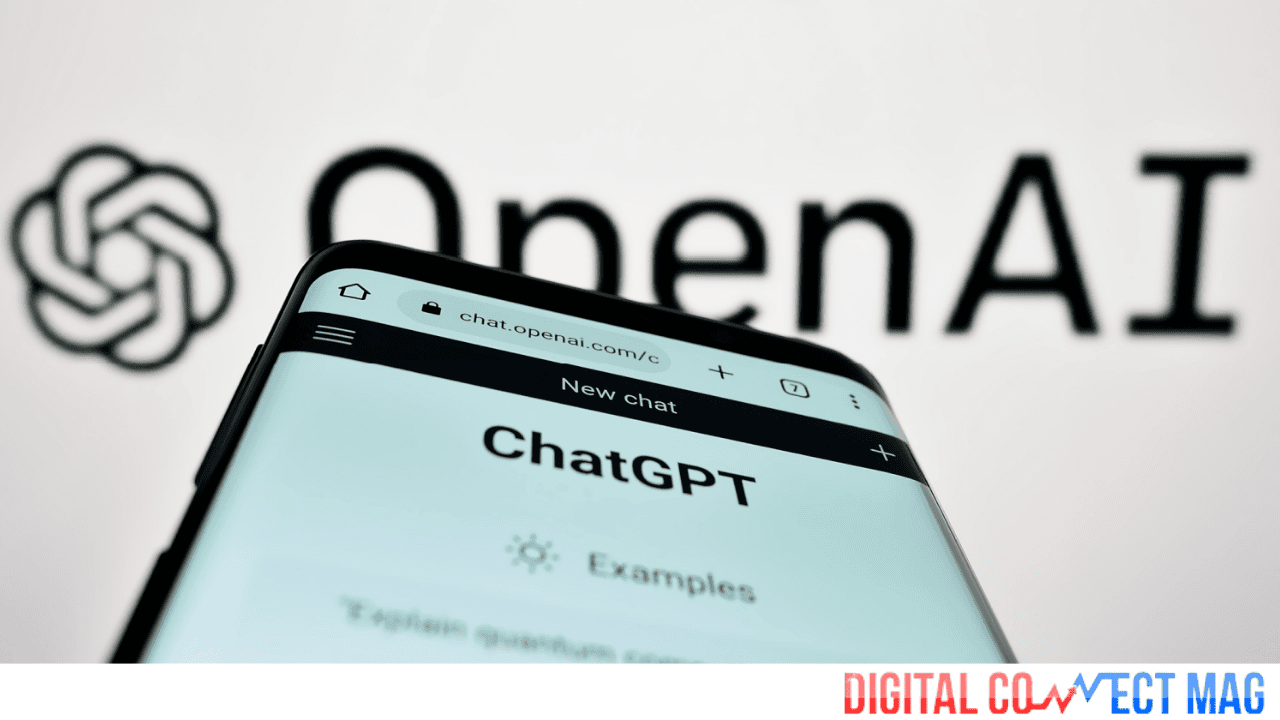ChatGPT, created by OpenAI, is an innovative AI technology. Many are curious if it’s a good investment. It falls under a category called generative AI, which can produce text, images, or sounds upon request.
Experts predict significant growth in the global AI market by 2032, estimating an annual increase of about 19%.
While it’s uncertain how much ChatGPT will contribute to this growth, S&P Global reported in December 2023 that generative AI could experience a yearly growth rate of 57.9% until 2028, potentially reaching $36.36 billion from $3.7 billion.
OpenAI faced criticism for causing concerns about job displacement and spreading misinformation. Additionally, they unexpectedly removed their CEO, Sam Altman.
Legal battles emerged, with major newspapers like the New York Times suing OpenAI for plagiarism, and some extending lawsuits to Microsoft.
The Authors Guild, representing renowned writers, filed a lawsuit against OpenAI, advocating for author control over the use of their work in AI training and demanding compensation from AI companies.
There’s growing enthusiasm for generative AI, with investors eyeing opportunities in OpenAI’s ChatGPT and similar technologies. The Investing News Network (INN) covers this developing situation.
What does ChatGPT from OpenAI do?
OpenAI, a tech lab in San Francisco, created ChatGPT, a software using reinforcement learning from human feedback. This helps it converse like humans, making it an AI chatbot.
ChatGPT learns language by reading texts online, such as encyclopedias, books, news, and blogs.
Using this learning, it predicts word combinations for good responses.
When ChatGPT launched on November 30, 2022, over a million people chatted with it and enjoyed its human-like responses.
Besides chatting, ChatGPT can write stories, do marketing, solve math, and write code.
Due to its success, OpenAI released a better version, GPT-4, in March 2023, accessible only to paying ChatGPT and Microsoft Copilot users.
The new version understands images, is more accurate, and knowledgeable about various topics, excelling at explaining images and tests.
Unlike its predecessor, this ChatGPT has no limits on knowledge, but Dr. Oren Etzioni, an AI expert, notes it struggles with discussing the future or generating new ideas.
Occasionally, it still provides overly confident wrong answers.
How is Elon Musk connected to OpenAI?
In 2015, Altman, who is now CEO, along with Elon Musk from Tesla and others, started OpenAI.
In 2018, Musk left OpenAI’s board to focus on Tesla’s self-driving tech.
After ChatGPT launched for public testing, Musk said on X, previously known as Twitter, “ChatGPT is impressively good. We’re getting close to very powerful AI.” He also said X stopped OpenAI from using its database for training.
In March 2024, Musk sued OpenAI, saying they broke an agreement about staying non-profit. OpenAI denies this and says Musk wanted it to become for-profit eventually.
OpenAI admits that before ChatGPT can be used more widely, a tough bug needs fixing. The bug makes the chatbot sometimes give believable but wrong answers.
The company explains that ChatGPT’s word choices are predictions, not just guesses, but they can still be wrong. Even the latest 4.0 version isn’t completely reliable; it can “hallucinate” facts and make mistakes in reasoning.
OpenAI warns users to be careful when using ChatGPT. Its mistakes can have serious consequences. The technology could spread false information, carry out scams, or create harmful code.
Additionally, AI technology can show unfairness towards race and gender. This language model has learned human-like qualities, including some negative traits. Teachers worry that students are using ChatGPT to cheat on homework and essays.
Why is Microsoft investing in OpenAI?
Since 2019, Microsoft has invested over $3 billion in OpenAI. This money helps OpenAI develop its powerful AI chatbot.
In January 2023, Microsoft announced plans to invest more as part of their partnership with OpenAI. The exact amount they’re investing hasn’t been shared, but it might be around $10 billion, according to reports.
Reuters reported in February that OpenAI’s value is $80 billion. If Microsoft invests $10 billion, it’s significant.
However, by late 2023, rumors started spreading that OpenAI didn’t receive all of the expected investment.
What might Microsoft gain from investing?
Microsoft wants to make more money with its Azure cloud business using better AI. OpenAI gave Microsoft permission to use its tech in 2020. This is important for AI, says Pitchbook.
What’s next for OpenAI and ChatGPT?
ChatGPT 3.5 is free online, also on iPhone and iPad apps, and on Android since July 2023.
Businesses can get ChatGPT Plus since August 2023. It includes the newest version, GPT-4.
Companies like Canva, Duolingo, Intercom, Salesforce, Scale, Stripe, and Upwork partner with OpenAI to use ChatGPT.
AI is doing tasks humans used to do, like making content and helping customers. This might keep happening in areas like transcription, translation, design, and law.
But some people are protesting. OpenAI and Microsoft got sued by authors who say their books were used without permission to teach AI like ChatGPT.
What’s Google’s Bard AI?
ChatGPT is not the only chatbot. Bard is another one. Bard is like ChatGPT but has some differences. Bard can use new online information. Bard sometimes makes mistakes like ChatGPT. The Verge reported Bard’s mistake in its first demo. Bard talked about the James Webb Space Telescope. In early 2024, Google changed Bard’s name to Gemini AI. Now, Gemini AI uses Google’s Gemini Ultra large language model.
The Future of AI Ethics and Regulation
The rapid advancement of AI technologies like ChatGPT raises critical ethical and regulatory questions. As these tools become more powerful, concerns about data privacy, bias, and accountability grow. Regulators are under pressure to create frameworks that balance innovation with protection against misuse.
The Evolution of AI in Business Operations
Businesses are increasingly integrating AI into their operations to streamline processes and enhance customer experiences. ChatGPT and similar technologies are being used for tasks like customer support, content creation, and data analysis. Companies that embrace AI early stand to gain a competitive advantage.
The Impact of AI on the Future of Work
AI’s ability to automate tasks traditionally done by humans raises concerns about job displacement and the need for new skills. As AI technologies like ChatGPT become more sophisticated, it’s crucial to consider how they will reshape the workforce and what measures can be taken to ensure a smooth transition.


